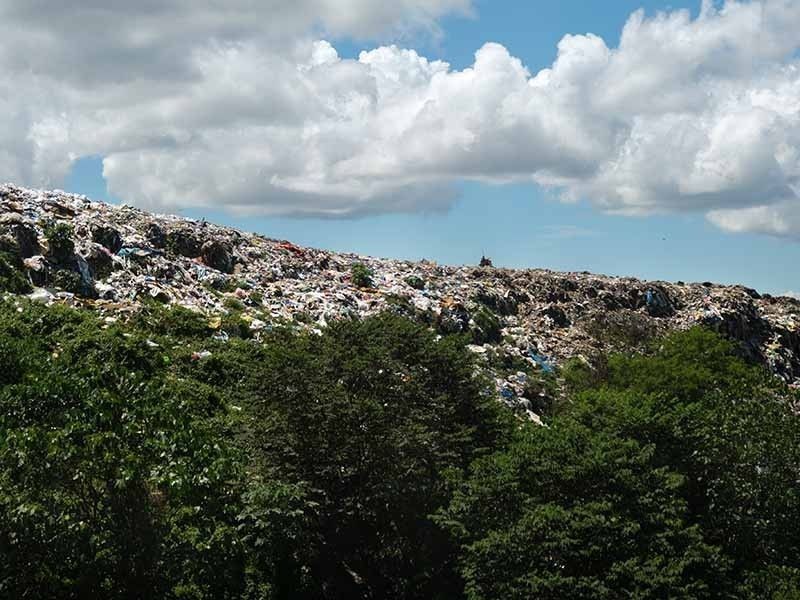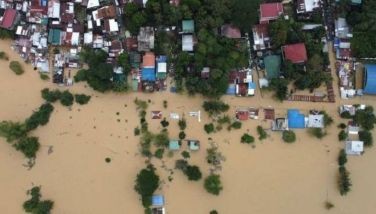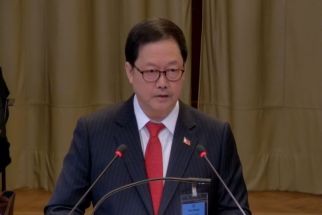Communities urge Japan aid agency to divest from Davao's waste-to-energy facility

MANILA, Philippines — Communities opposing a waste-to-energy facility in Davao City called on the Japan International Cooperation Agency to divest from the project, saying the incinerator will not only pose threats to the health of residents but also to the city’s rich biodiversity.
The local government of Davao City approved the plan to construct a P2.5 billion WTE facility, funded by a Japanese loan, to address the city’s waste crisis.
The WTE facility will be built on a 10-hectare property in Barangay Biao Escuela in Tugbok District and it will be close to a school, agricultural lands and the relocation site of the affected communities.
“The construction of this facility will not only be dangerous to people’s health but will also destroy valuable agricultural land — land that could be used to cultivate resources for the community,” said Gary Villocino of Masipag, a network of farmers in Davao.
Mark Peñalver, executive director of Interfacing Development Interventions for Sustainability (IDIS)-Davao, stressed that WTE incineration is harmful to the environment and is not a renewable or sustainable energy source.
“So not only is incineration a bad choice for the environment, but it’s also not a wise choice from a climate perspective,” he said.
The Ecological Solid Waste Management Act and the Clean Air Act prohibit incineration.
Need for more sustainable approaches
Randy Catubag Irol of the Mintal Resource Collectors Association said that WTE “will only teach future generations to be lazy as it undermines recycling efforts if waste can be simply burned away.”
Advocates also noted the project is not a financially viable project for JICA, the city government and the private sector as half of Davao’s waste composition is organic waste that cannot be burned in the proposed type of WTE technology.
Agronomist Peter Damary of Limadol suggested that Davao City should focus on segregation at source.
“If [food waste is] removed from the waste system through composting, it eases the burden on landfills and leaves other waste available for recycling. Further, the environmental value composting contributes to methane reduction cannot be ignored,” Damary said.
Archie Abellar, zero waste coordinator of Global Alliance for Incinerator Alternatives, urged JICA and the local government to support zero waste systems that offer inclusive and sustainable approaches to the waste problem such as composting and opting for refills.
“WTE incineration is a band-aid solution and will only make matters worse in the long run. JICA has not examined existing options on waste management in the City and have promoted an expensive and harmful technology,” Abellar said.
- Latest






























